
(Photo by Pavel Danilyuk via Pexels)
By Stephen Beech
Trendy ice baths don't help women recover quicker from exercise, according to new research.
Top athletes and other sports players are often seen taking a cold water plunge after a race or match, while cold water swimming, cold plunges, and cryotherapy have all become popular ways to try and slow the ageing process.
Ice bath enthusiasts claim a cold dip is also good for metabolic function.
But a new study, published in the journal PLOS One, suggests cold water plunges may not speed women’s post-exercise recovery after all.
The clinical trial, involving 30 female participants, found neither cold- nor hot-water immersion improved recovery from exercise-induced muscle damage.

PJ Gal-Szabo
Study leader Vanessa Wellauer explained that new, unfamiliar workout routines can cause excessive microscopic damage to muscles, with an inflammatory response that may lead to longer recovery times with reduced physical performance.
Cold- and hot-water immersion are low-cost ways that might speed muscle recovery through their physiological effects.
However, evidence for the effectiveness of cold- and hot-water immersion is mixed, and few previous studies have directly compared cold- hot-water immersion, particularly in women.
Wellauer and her colleagues at the University of Applied Sciences and Arts of Southern Switzerland conducted the clinical trial in which all 30 female participants performed the same rigorous exercise routine: five sets of drop-jumps.
Each participant was randomly assigned to either no immersion or to immerse up to the sternum in a small inflatable pool of hot or cold water for 10 minutes immediately after exercise and again two hours later.

Peter Schulz
Wellauer said: "Analysis of various physiological measurements showed some differences between the cold-, hot-, and no-immersion groups.
"For instance, 30 minutes post-exercise, cold plungers had lower muscle oxygen saturation values than the other participants, while hot plungers had higher core body temperatures than cold plungers and cold plungers lower core body temperatures than non-plungers.
"However, despite these physiological differences, neither cold- nor hot-water plungers had better muscle recovery outcomes than non-plungers, and no significant recovery difference was seen for cold- versus hot-water immersion."
The research team assessed recovery by measuring swelling of knee extensor muscles, participants’ muscle-soreness ratings, serum creatine kinase levels, and maximal voluntary isometric contraction before exercise and 24, 48, and 72 hours after exercise.
However, these did not show significant differences between groups.
Wellauer added: "These findings underscore the complex links between physiological responses and muscle recovery outcomes for women."
She said further research could help clarify the mechanisms underlying the links.
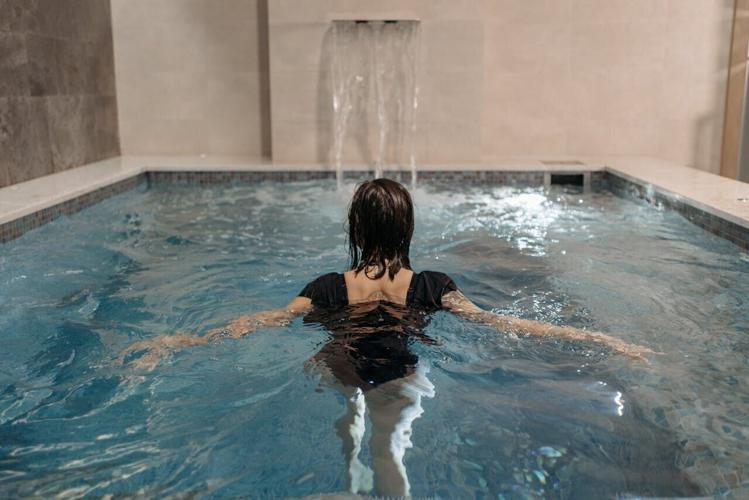
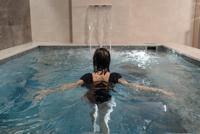
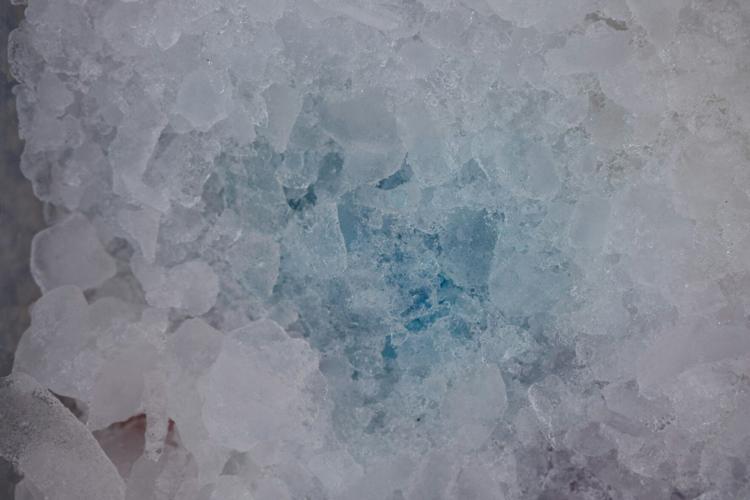
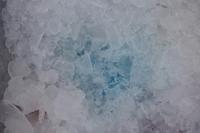







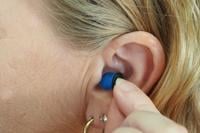








(0) comments
Welcome to the discussion.
Log In
Keep it Clean. Please avoid obscene, vulgar, lewd, racist or sexually-oriented language.
PLEASE TURN OFF YOUR CAPS LOCK.
Don't Threaten. Threats of harming another person will not be tolerated.
Be Truthful. Don't knowingly lie about anyone or anything.
Be Nice. No racism, sexism or any sort of -ism that is degrading to another person.
Be Proactive. Use the 'Report' link on each comment to let us know of abusive posts.
Share with Us. We'd love to hear eyewitness accounts, the history behind an article.